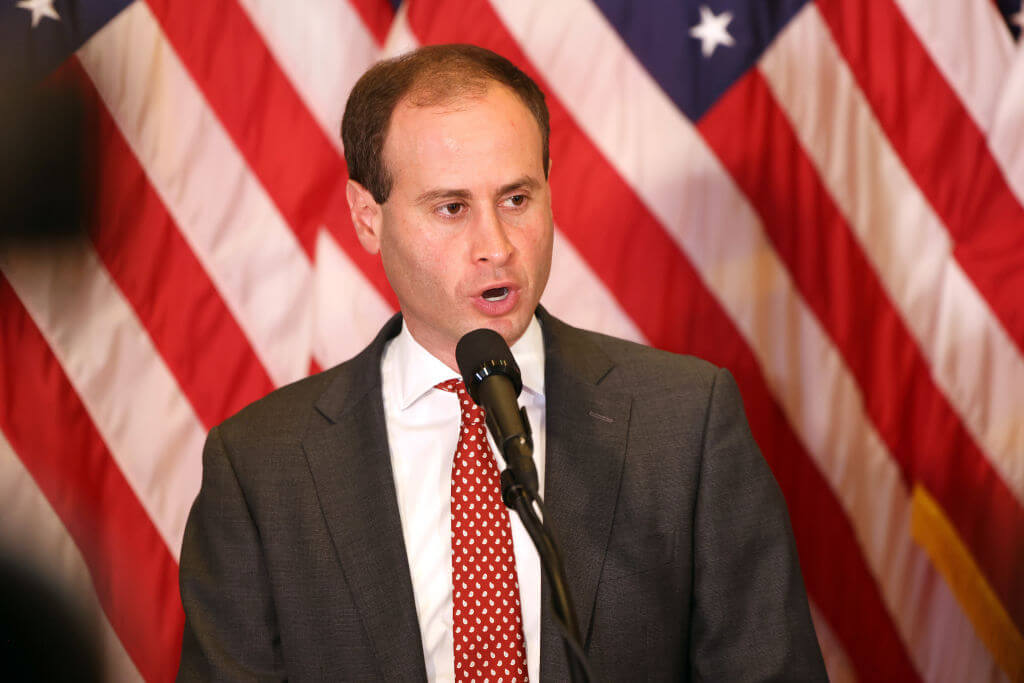Israel Approves 1,500 More Settlement Homes in East Jerusalem

Image by Getty Images
Israel approved plans to build 1,500 more Jewish settler homes in east Jerusalem on Monday, an official said, days after provoking international protests against a project for another 3,000 such homes on land it captured in the 1967 Six-Day War.
Washington had condemned the latest plans, for ultra-Orthodox neighbourhood Ramat Shlomo, when they were published during a 2010 visit by U.S. Vice President Joe Biden.
Palestinians see the settlements as obstacles to achieving independent statehood. The settlements have been condemned by many countries, and the latest project is slated to be built on a portion of West Bank land Israel annexed as part of Jerusalem, in a move never recognised internationally.
“We condemn in the strongest possible terms these Israeli actions and the determination of Israel to continue expanding settlements and in the process undermining the two-state solution,” said senior Palestinian official Saeb Erekat.
“These are very dangerous and alarming steps. The Israeli government is showing its determination to contravene the will of the international community,” the top peace negotiator said.
Prime Minister Benjamin Netanyahu pledged last week to build at least 3,000 more settler homes on West Bank land as an expression of Israel’s objections to a United Nations vote last month recognising Palestinian statehood.
Those plans led to a string of Israeli diplomats summoned for reprimands across Europe.
Israeli Interior Ministry spokeswoman, Efrat Orbach, said on Monday a district planning commission “gave preliminary approval for” the Ramat Shlomo project which must pass a series of bureaucratic decisions before construction may actually begin.
Israeli, Palestinian peace talks have been frozen since late 2010, largely due to a dispute over the settlements, which the International Court of Justice in The Hague has ruled as illegal, a decision Israel disputes.
A message from our CEO & publisher Rachel Fishman Feddersen

I hope you appreciated this article. Before you go, I’d like to ask you to please support the Forward’s award-winning, nonprofit journalism during this critical time.
At a time when other newsrooms are closing or cutting back, the Forward has removed its paywall and invested additional resources to report on the ground from Israel and around the U.S. on the impact of the war, rising antisemitism and polarized discourse.
Readers like you make it all possible. Support our work by becoming a Forward Member and connect with our journalism and your community.
— Rachel Fishman Feddersen, Publisher and CEO























